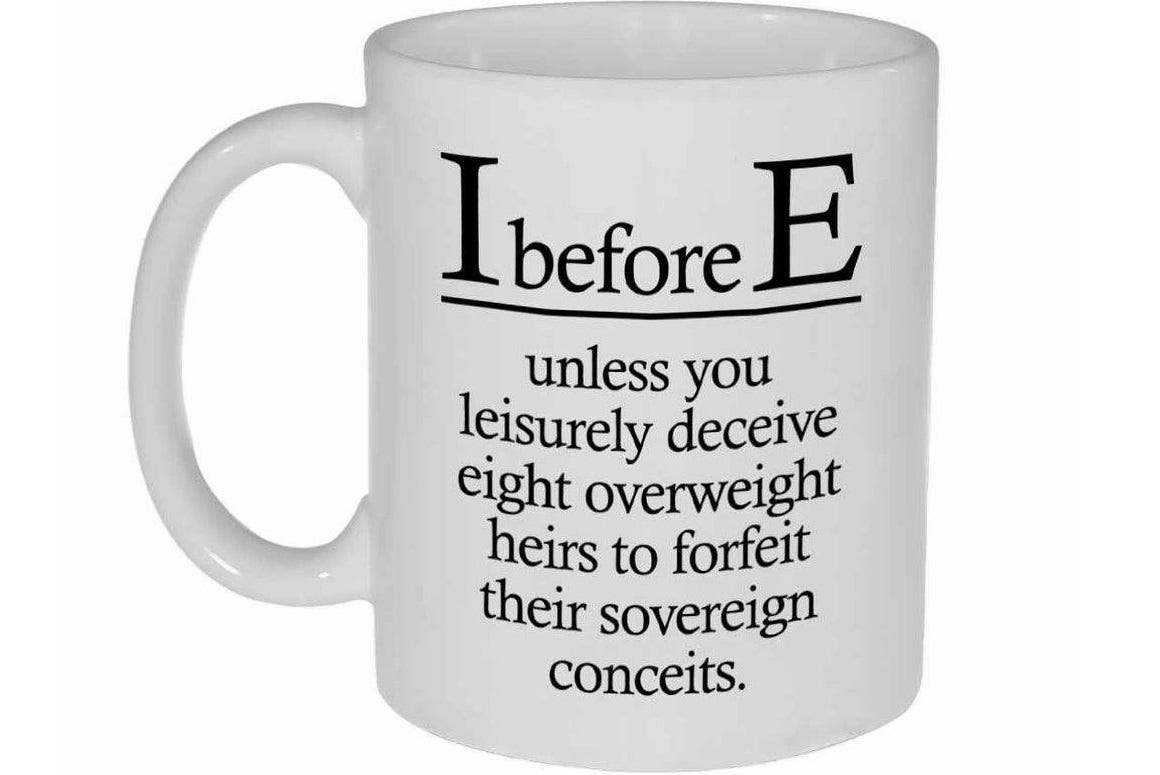
As English language learners, we all strive to write and speak fluently. One of the most challenging aspects of the English language is spelling. Some words can be particularly difficult to spell, especially when it comes to the "I before E" rule. This rule states that "I" should come before "E," except after "C." However, there are several exceptions to this rule that can be confusing. In this article, we will explore some frequently misspelled words and their exceptions to the "I before E" rule.
Exceptions to the Rule

Before we dive into the exceptions, let's first review the rule. The general rule is that when "I" and "E" are beside each other, "I" comes before "E." However, when the letters are after the letter "C," "E" comes before "I." For example, in the word "receive," "I" comes before "E" because there is no "C" before the letters. In the word "ceiling," "E" comes before "I" because it is after the letter "C."
However, there are many words that do not follow this rule, making them difficult to spell. Here are some of the most commonly misspelled words:
Words with "E" Before "I"

There are several common words in which "E" comes before "I," despite the "I before E" rule. These words include:
- Weird
- Seize
- Foreign
- Height
- Either
- Neither
These words can be tricky because they do not follow the general rule. However, with practice, you can learn to spell them correctly.
Words with "IE" After "C"

There are also several words in which "IE" comes after "C," despite the general rule. These words include:
- Receive
- Deceive
- Conceive
- Believe
- Relieve
- Chief
- Friend
Again, these words can be difficult to spell because they do not follow the general rule. However, with practice, you can learn to spell them correctly.
Words with "EI" After "C"

Finally, there are a few words in which "EI" comes after "C," despite the general rule. These words include:
- Conceit
- Receipt
- Deceit
These words are less common than the previous examples, but they can still be tricky to spell. Remember that "EI" comes after "C" in these words.
Conclusion
While the "I before E" rule is a helpful guide, it is important to remember that there are many exceptions to this rule. The best way to improve your spelling is to practice frequently and memorize the spelling of common words. By doing so, you can improve your writing and communication skills.